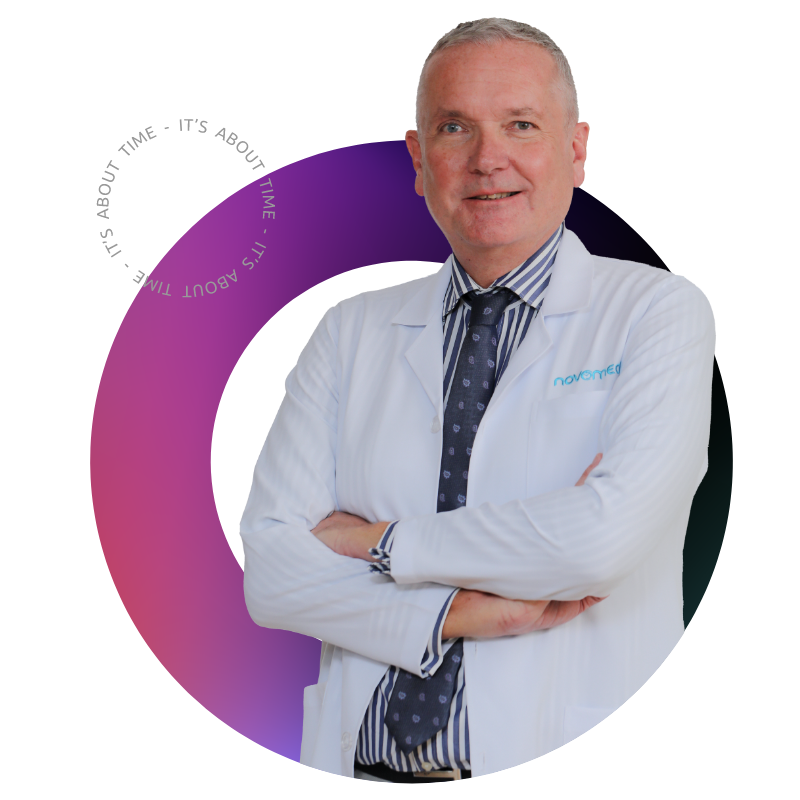What is Parkinson’s disease?
Parkinson’s disease is a long-term neurodegenerative disorder that affects the central nervous system. Symptoms begin gradually, sometimes beginning with a tremor that may not be noticed in one hand, and then worsen over time. Although tremors are common, the disorder also causes muscle stiffness and slowed movement.
In the early stages of Parkinson’s disease, your face may have few or no expressions. You may not swing your arms while walking. Your pronunciation may become weak or slurred. Parkinson’s disease symptoms get worse as your condition worsens over time.
Although Parkinson’s disease cannot be cured, symptoms may be significantly improved with medication. Sometimes, a doctor may suggest surgery to regulate specific areas of the brain and improve symptoms.
What are the symptoms of Parkinson’s disease?
Parkinson’s disease signs and symptoms include:
- Tremors. The tremor or shivering usually begins in one limb, often your hand or fingers. You may rub your thumb and forefinger back and forth in what is known as a “pill-rolling tremor.” And your hand may tremble when it is relaxed.
- Slowed movement. After some time, Parkinson’s disease may slow your movement, making simple tasks difficult and time-consuming. Your steps may become shorter when you walk and getting up from a seat can be difficult.
- Muscle stiffness. Muscle stiffness can occur in any part of your body. Stiff muscles can make you feel pain and limit your range of motion.
- Inability to balance the body in certain positions. Your posture may be stooped, or you may have balance problems because of Parkinson’s disease.
- Loss of automatic movements. Your ability to perform involuntary movements may be reduced, including blinking, smiling or swinging your arms when walking.
- Speech changes. You may speak quietly or quickly, mutter, or stutter before speaking. Your speech can take on a monotonous pattern rather than gaining the usual accents.
What is the cause of Parkinson’s disease?
Patients with Parkinson’s disease experience slow breakdown or death of certain nerve cells in the brain. Many of the symptoms are due to a loss of nerve cells that produce the neurotransmitter in the brain called dopamine. Low dopamine levels cause abnormal brain activity, which in turn leads to impaired movement, as well as other symptoms of Parkinson’s disease.
The cause of Parkinson’s disease is unknown, but several factors seem to play a role, including:
- Genes. Researchers have identified specific gene mutations that may cause Parkinson’s disease. However, this is uncommon except in rare cases in which many family members develop Parkinson’s disease.
Although, certain genetic changes appear to increase the risk of developing Parkinson’s disease, with each of these genetic markers a relatively small risk of developing the disease. - Environmental stimuli. Exposure to certain toxins or environmental factors may increase the risk factor for late-stage Parkinson’s disease, but the risk is relatively small.
What are the complications of Parkinson’s disease?
- Thinking difficulties. Parkinson’s patients experience cognitive and thinking difficulties. It usually occurs in the later stages of Parkinson’s disease. These cognitive problems are not responsive to medication.
- Depression and emotional changes. This usually occurs in the very early stages. Receiving treatment for depression can make dealing with other challenges of Parkinson’s disease easier.
- Swallowing difficulties. You may have trouble swallowing as your condition progresses. Saliva may accumulate in your mouth due to slow swallowing. This leads to drooling.
- Problems with chewing and eating. Parkinson’s disease affects the muscles in your mouth. This makes chewing difficult. This can lead to choking and malnutrition.
- Sleep disturbances. People with Parkinson’s disease often have trouble sleeping, such as waking up frequently throughout the night, waking up early or falling asleep during the day.
- Bladder problems. Parkinson’s disease may cause bladder problems, such as being unable to control urine or difficulty urinating.
- Constipation. Many people with Parkinson’s disease develop constipation, mainly due to a slower digestive tract function.
How is Parkinson’s disease diagnosed?
There is no specific test to diagnose Parkinson’s disease. Our neurologist will diagnose Parkinson’s disease based on your medical history, signs and symptoms, and a neurological and physical examination.
Your doctor may request some laboratory tests, such as blood tests, to rule out the possibility of other conditions that may be causing your symptoms.
Imaging tests – such as magnetic resonance imaging (MRI), ultrasound of the brain, and positron emission tomography – may also be used to help rule out the possibility of other disorders. However, these imaging tests are not particularly helpful in diagnosing Parkinson’s disease.
How is Parkinson’s disease treated?
Parkinson’s disease cannot be cured, but medications can help control symptoms, often greatly. Surgery may be recommended in some advanced cases.
Your doctor may also recommend lifestyle changes, especially continuous aerobic exercise. In some cases, physical therapy that focuses on balance and stretching exercises is also important. A speech pathologist may help improve your speech problems.
Medications
Medicines may help you treat problems with walking, movement and tremors. These medications increase or replace dopamine release.
Your symptoms may improve significantly after starting treatment for Parkinson’s disease. But the benefits of these medications often wear off or become less regular. However, you can still manage your symptoms reasonably.
Surgery
Deep brain stimulation (DBS). During this procedure, surgeons implant electrodes into a specific part of the brain. These electrodes connect to a generator implanted in your chest near the collarbone that sends electrical impulses to your brain and may reduce your Parkinson’s disease symptoms.
Deep brain stimulation is often a treatment option for people with advanced-stage Parkinson’s disease whose responses to medication (levodopa) are unstable. Deep brain stimulation can stabilize drug fluctuations, reduce or stop involuntary movements (dyskinesia), reduce tremors, reduce rigidity, and improve motor functions.


























